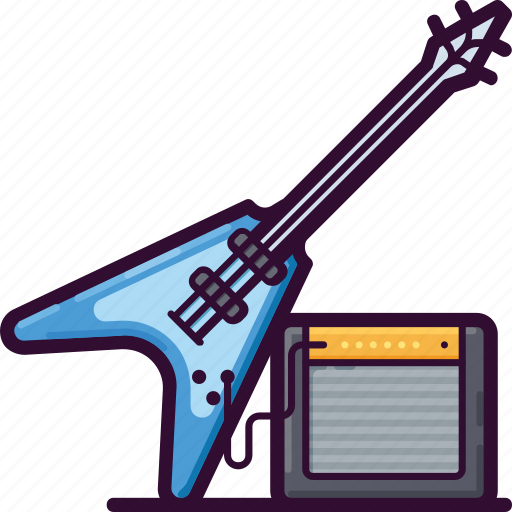
Chicago, affectionately known as the Windy City, has been an epicenter of innovative music for over a century. Renowned for fostering numerous genres and cultivating legendary talents, the city’s diverse music scene continues to reverberate globally. This article aims to delve deeper into the unique music genres Chicago is famous for.
Chicago Blues
Chicago’s music scene remains indelibly marked by the rich influence of the blues. This genre’s evolution from its Southern roots into a distinct urban sound epitomizes Chicago’s musical heritage.
Deep Southern Roots and The Great Migration
The story of Chicago blues traces back to the early 20th century when African Americans from the South moved northward during the Great Migration. They brought with them the Delta blues, a genre deeply steeped in Southern culture. As it intermingled with urban influences in Chicago, a new sound – the Chicago blues – was born.
Electric Blues Evolution
Chicago blues transitioned from its acoustic Delta blues roots to an amplified sound in the late 1940s and 1950s. This evolution was characterized by the use of electric guitars, amplified harmonicas, and a rhythm section often including a drum kit and double bass. The electrified sound provided a harder, louder blues style that could be heard over the noisy city environment.
Noteworthy Artists
Pioneers of Chicago blues include:
- Muddy Waters: Known as the ‘Father of Chicago blues,’ Waters’ amplified sound defined the genre.
- Howlin’ Wolf: He brought a raw and emotionally intense style to the Chicago blues scene.
- Buddy Guy: His guitar style influenced many rock musicians, bridging blues and rock genres.
Chicago House Music
Chicago’s impact on dance music globally is impossible to overstate, with the city being recognized as the birthplace of house music.
The Warehouse Era
In the late 1970s and early 1980s, house music emerged in Chicago, deriving its name from the nightclub ‘Warehouse’ where DJ Frankie Knuckles popularized it. The genre, characterized by 4/4 beats, synthesized basslines, and repetitive rhythm patterns, was primarily played at clubs, influencing the global dance music scene.
Pioneers of the Beat
Key figures in the evolution of Chicago house music include:
- Frankie Knuckles: Known as the “Godfather of House Music,” his unique sound shaped the genre.
- Marshall Jefferson: He helped shape the future of house music with his innovative songwriting and production.
- Larry Heard (Mr. Fingers): Known for his smooth, deep house sound, Heard added a soulful and introspective aspect to house music.
Chicago Hip-Hop
Emerging in the late 20th century, Chicago’s hip-hop scene has made a significant impact with its innovative styles and groundbreaking artists.
Diverse Styles
The Chicago hip-hop scene is as diverse as the city itself. The range of styles includes:
- Conscious rap: This style, featuring insightful social commentary, has been championed by artists like Common and Lupe Fiasco.
- Drill music: A darker, trap-influenced style of rap pioneered by artists like Chief Keef and King Louie.
- Alternative and experimental hip-hop: Artists like Kanye West and Chance the Rapper have expanded the genre’s boundaries with their unique, genre-blending approaches.
Conclusion
Chicago’s music scene has not only shaped the city’s cultural identity but has also made a monumental impact on the global music stage. The birth of Chicago blues electrified the sound of hardship and heartache. House music’s pulsating rhythms provided a new beat for the dance floor, and Chicago hip-hop continues to push the genre’s boundaries. The Windy City’s rich musical legacy, steeped in history and evolution, assures its place on the world’s musical map. As we reflect on these influential genres and artists, we recognize Chicago as a city that has consistently created, innovated, and resonated in the hearts of music lovers worldwide.

